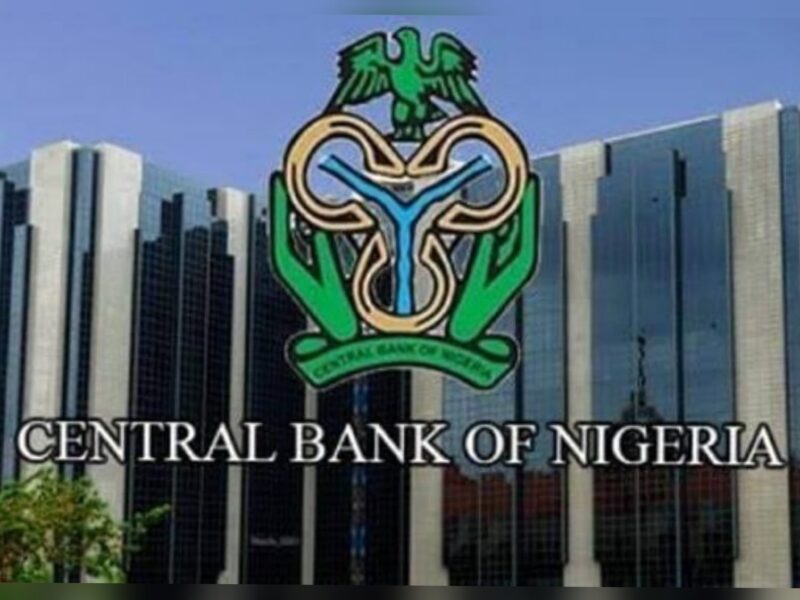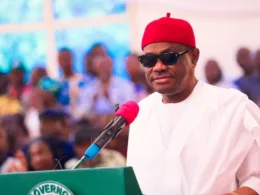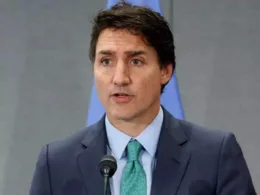In his remarks, the CBN Governor said the 2024 BOP surplus is a testament to the success of Nigeria’s reform agenda. He noted that the liberalisation and unification of the foreign exchange market, disciplined monetary policies, and coordinated fiscal and monetary strategies have contributed to a more stable naira, reduced inflation, and boosted investor sentiment.
Abuja, Nigeria – Nigeria posted a significant turnaround in its external financial position in 2024, as the Central Bank of Nigeria (CBN) reported a balance of payments (BOP) surplus of $6.83 billion. This marks a remarkable recovery from the deficits of $3.34 billion recorded in 2023 and $3.32 billion in 2022.
The CBN, in a statement signed by its Acting Director of Corporate Communications, Sidi-Ali Hakama, attributed the positive shift to wide-ranging macroeconomic reforms, improved trade performance, and revived investor confidence in the Nigerian economy.
One of the major drivers of the surplus was the robust performance of the current and capital account, which posted a combined surplus of $17.22 billion. This was largely buoyed by a goods trade surplus of $13.17 billion and a notable decline in import expenses.
According to the apex bank, petroleum imports saw a sharp drop of 23.2%, falling to $14.06 billion. Non-oil imports also contracted by 12.6% to $25.74 billion. Meanwhile, gas exports surged by 48.3% to $8.66 billion, while non-oil exports climbed by 24.6% to $7.46 billion, reinforcing Nigeria’s effort to diversify its export base.
Diaspora contributions remained strong, with personal remittance inflows rising by 8.9% to $20.93 billion. Inflows through International Money Transfer Operators (IMTOs) recorded a substantial increase of 43.5%, reaching $4.73 billion compared to $3.30 billion in the previous year. Official development assistance also experienced a slight uptick of 6.2%, totaling $3.37 billion.
On the financial front, Nigeria recorded a net acquisition of financial assets amounting to $12.12 billion. Portfolio investment inflows more than doubled, growing by 106.5% to $13.35 billion. Resident foreign currency holdings increased by $5.41 billion, reflecting improved investor confidence in the economy.
Despite a 42.3% decline in foreign direct investment, which dropped to $1.08 billion, the overall financial account performance was positive. Nigeria’s external reserves rose by $6 billion, ending the year at $40.19 billion and enhancing the country’s external buffer.
The CBN also highlighted a significant improvement in data reporting, with net errors and omissions shrinking by 79.5% to -$5.10 billion in 2024, down from -$24.90 billion in 2023. This was attributed to enhanced transparency, better data accuracy, and improved reporting mechanisms.
In his remarks, the CBN Governor said the 2024 BOP surplus is a testament to the success of Nigeria’s reform agenda. He noted that the liberalisation and unification of the foreign exchange market, disciplined monetary policies, and coordinated fiscal and monetary strategies have contributed to a more stable naira, reduced inflation, and boosted investor sentiment.
He added that the surplus reflects the country’s commitment to macroeconomic stability and is a promising sign for the future of Nigeria’s economy—benefiting businesses, investors, and ordinary citizens alike.






![At least 40 dead in Moscow concert hall attack, Ukraine Denies Involvement At least 40 dead in Moscow concert hall attack, Ukraine Denies Involvement Rivers Assembly Overrides Fubara, Enacts New Law Breaking: Former Community Youth Leader, Four Others Shut Dead in Egbema, Imo State [VIDEO] Tragic Incident in Enugu: Mother of Three Commits Suicide After Abandoning Children at Police Station BREAKING: Three-storey building collapses as Ebute Metta, Lagos Akwa Ibom pastor Solid Rock Church, Apostle John Okoriko abia uturu student gunmen Asuu suspends strike bonny lga chairman Hon. David Rogers Irimagha Another Kidnapped Victim, Suleiman Sabo rescued by Police In Abuja](https://reportafrique.com/wp-content/uploads/2020/12/report-afrique-breaking-news-260x195.jpg)



Join our Channel...